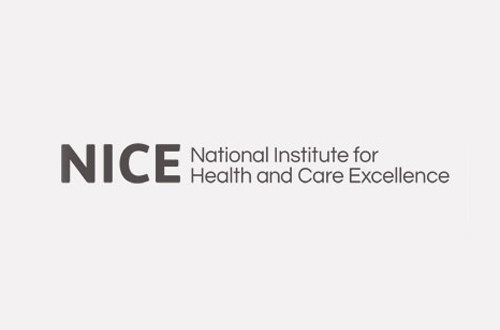
Health authorities in the England and Wales yesterday backed the use of a daily pill to help prevent breast cancer in woman with a family history of the disease.
The National Institute for Health and Clinical Excellence (NICE) published new guidance that it says represents a “major shift in breast cancer care”, which will spare hundreds of thousands of woman the distress of a cancer diagnosis.
The guidance recommends that the NHS in England and Wales provide tamoxifen or Lilly’s Evista (raloxifene) to women at increased risk of developing breast cancer based on a set of data, including the number of relatives who have developed breast or ovarian cancer; the age at which relatives develop cancer; and the age of the person in question.
According to NICE, it is likely that 3 per cent of all women aged 35 or older in England and Wales could be eligible for this preventative treatment method, equating to about 488,371 women.
This guidance provides at-risk women with an alternative to annual screening or surgery to remove the breasts, explained Professor Mark Baker, director of the centre for clinical practice at NICE.
“Although neither drug is licensed as a preventative treatment in the UK, clinical evidence shows they are an effective option for many women and could be preferable to surgery,” said Prof Baker.
In addition to the recommendation for preventative use of drugs, NICE’s updated guidance also highlights the growing importance of genetics in diagnosing and treating cancer.
NICE is calling for more men and women to be tested for genetic mutations that cause cancer and can be passed down through families, saying the NHS should offer testing to otherwise healthy people if it’s likely they have a genetic mutation, such as BRCA1 or BRCA2.
The updated guidance was welcomed by breast cancer charities in the UK, including Breakthrough Breast Cancer, which described the move towards prevention as a “game-changer”.
“Our strongest tool in the fight against breast cancer is prevention, and these new guidelines are a fantastic leap forward in the way we prevent breast cancer developing in those at highest risk,” said the organisation’s assistant head of policy Dr Caitlin Palframan.
Carolyn Rogers of Breast Cancer Care was similarly supportive, describing the guidance as “an exciting development that could help many hundreds of people”.
The guidance doesn’t go far enough for some groups, however, and the charity Target Ovarian Cancer said NICE missed an opportunity to inform women of the risk of developing ovarian cancer – a more deadly disease than breast cancer that is also linked to the BRCA gene mutation.
“It makes no sense, in an era of supposedly patient-centred care, not to give women the best possible information about the risks to their health,” said Annwen Jones, chief executive of Target Ovarian Cancer.
“Too many women have died because they had not been informed of the link between familial breast and ovarian cancer, and it now seems that women will be continue to be denied access to life-saving information about their risk, and the symptoms they need to be aware of. We call upon NICE as a matter of urgency to address this oversight.”




